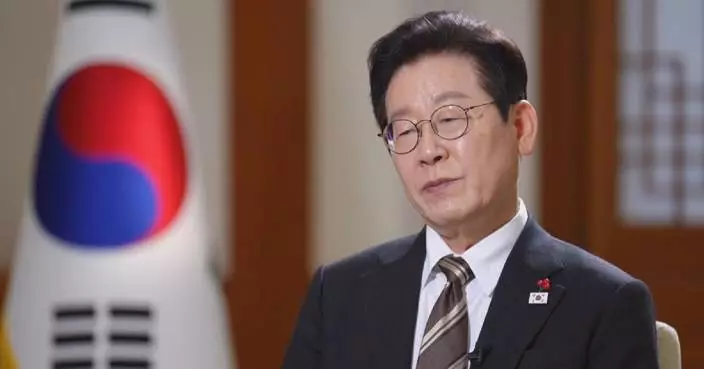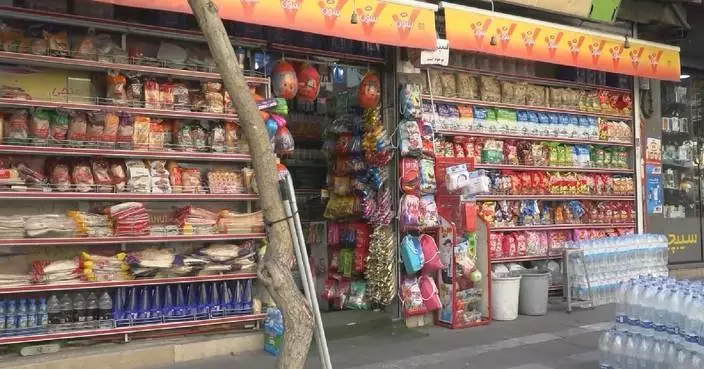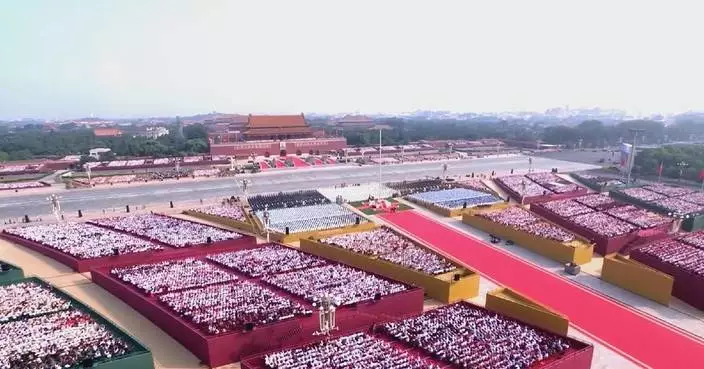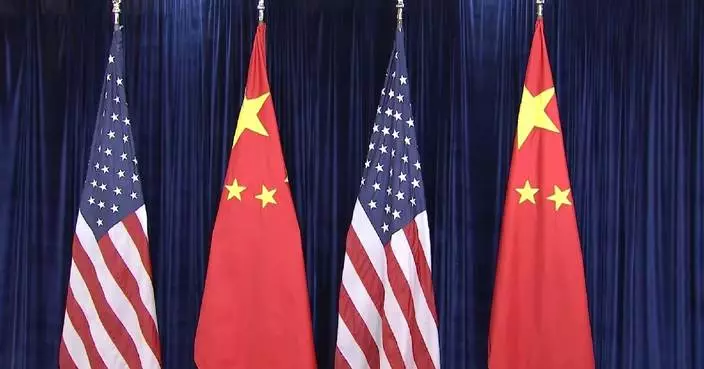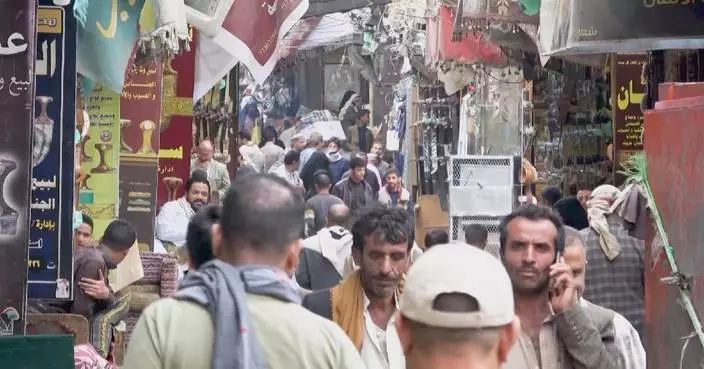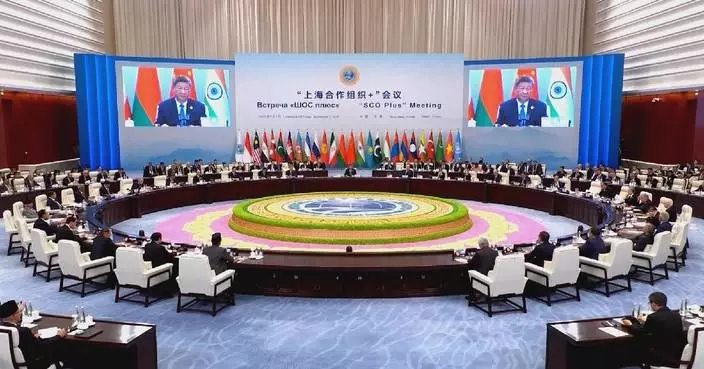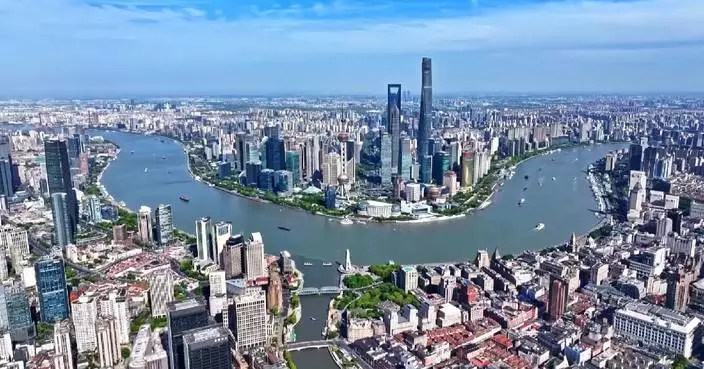China's producer price index (PPI), which measures costs for goods at the factory gate, went down 2.3 percent year on year in January, the National Bureau of Statistics (NBS) said Sunday.
The decline remained on a par with that of the previous month.
Click to Gallery
China's PPI down 2.3 percent in January
China's PPI down 2.3 percent in January
China's PPI down 2.3 percent in January
China's PPI down 2.3 percent in January
Meanwhile, the PPI edged down 0.2 percent on a monthly basis, said the NBS.
Among the producer prices for industrial products, the price of means of production decreased by 2.6 percent year on year in January, which contributed 1.95 percentage points to the overall drop in the producer prices of industrial products.
In particular, the price of the mining industry decreased by 4.9 percent, the price of the raw material industry decreased by 1.9 percent, and the price of the processing industry decreased by 2.7 percent.
The price of consumer goods decreased by 1.2 percent year on year in January, contributing about 0.31 percentage points to the overall decrease of producer prices of industrial products.
In the month, food prices decreased by 1.4 percent, the clothing prices decreased by 0.1 percent, the general commodity prices increased by 0.5 percent, and durable consumer goods prices decreased by 2.6 percent year on year.
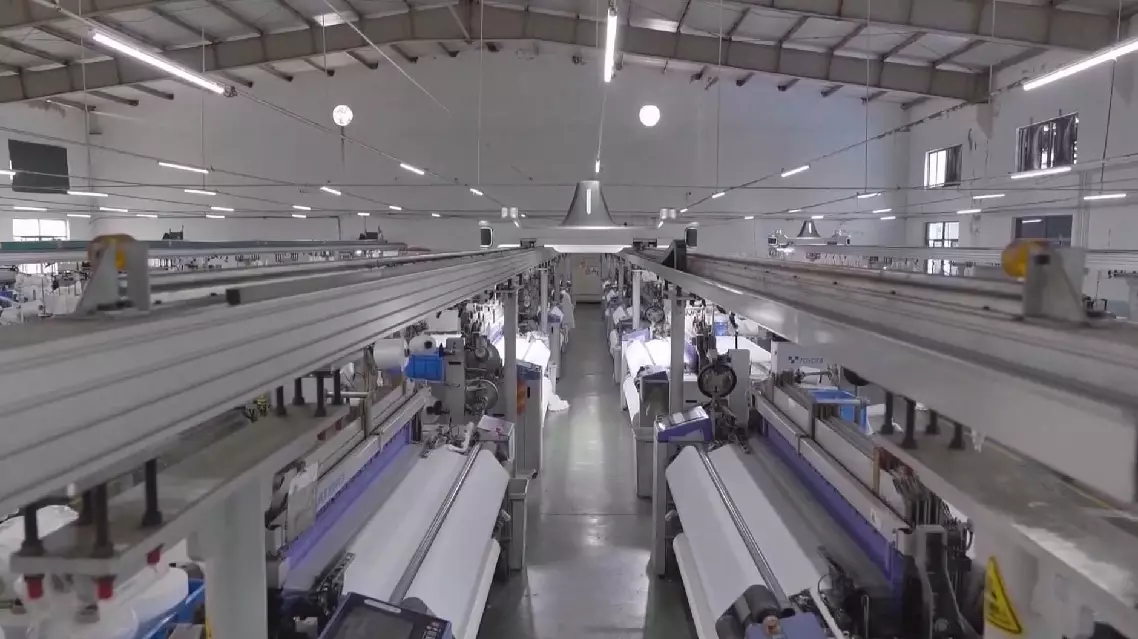
China's PPI down 2.3 percent in January
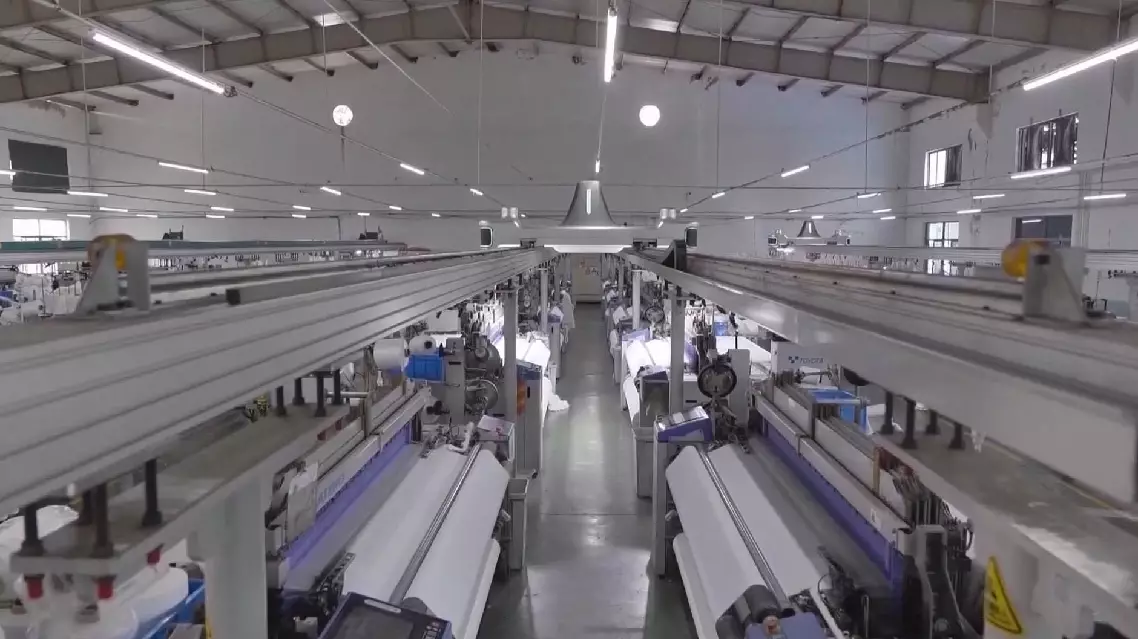
China's PPI down 2.3 percent in January
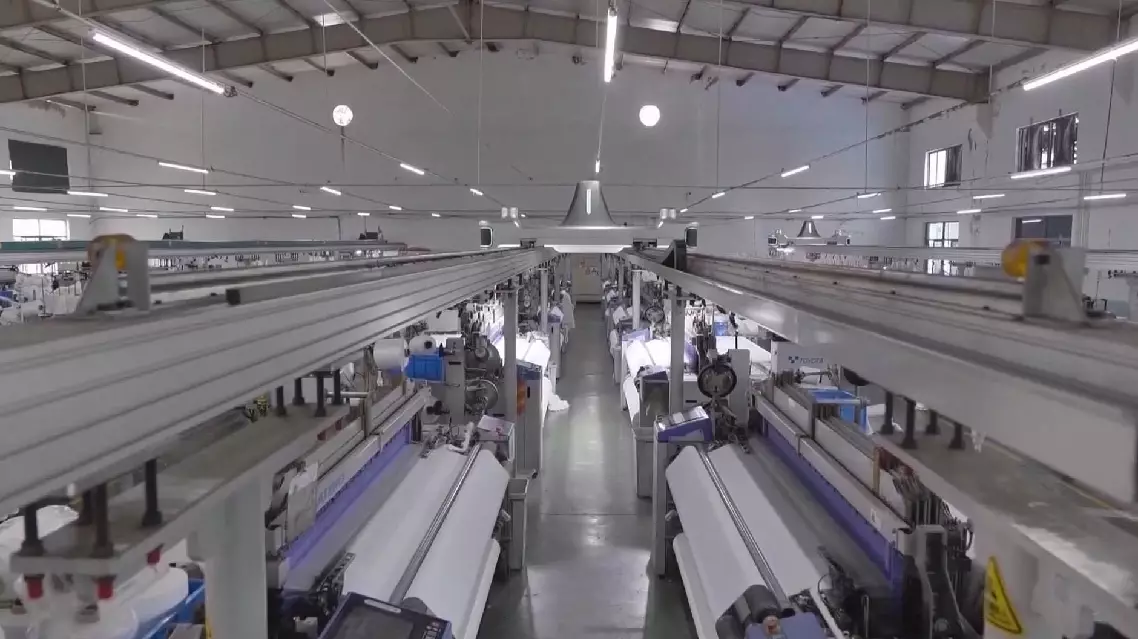
China's PPI down 2.3 percent in January
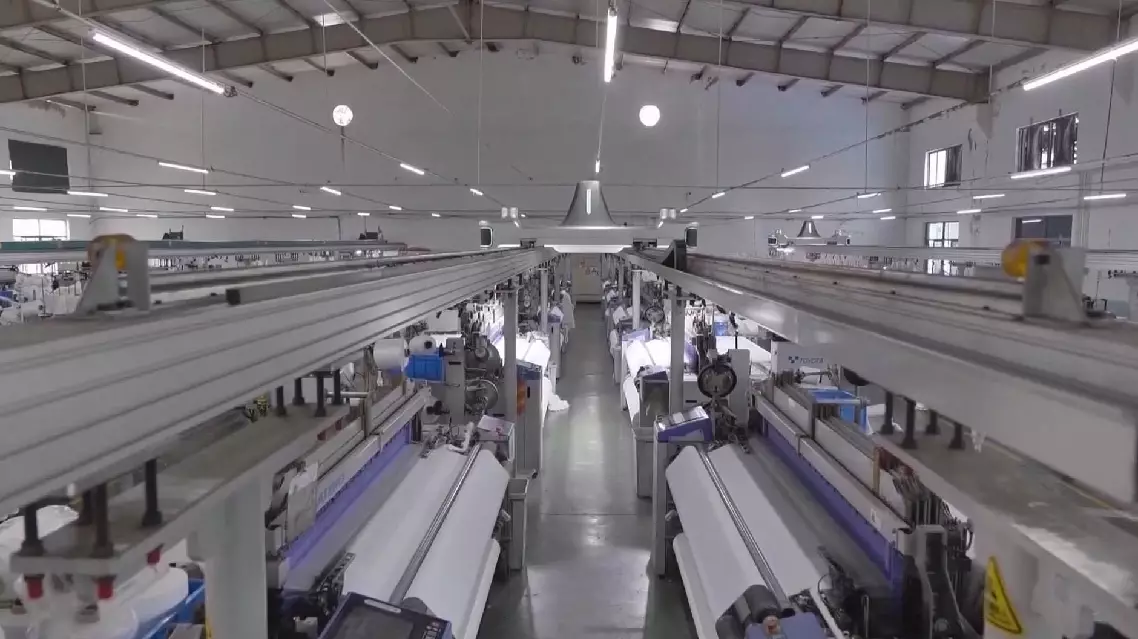
China's PPI down 2.3 percent in January
South Korean President Lee Jae Myung said on Wednesday that Seoul firmly adheres to the one-China principle, in comments made ahead of his upcoming state visit to China.
The remarks were made in an interview with China Media Group (CMG). The visit is scheduled for Jan 4–7.
"The consensus reached between governments of the Republic of Korea and China when diplomatic relations were established continues to be the fundamental principle governing our relations, and its effectiveness remains steadfast. I want to clearly state that the ROK has always adhered to the one-China principle. Maintaining peace and stability in regional matters, including in Northeast Asia and concerning the Taiwan issue, holds significant importance to us," said Lee.
"The foundational relationship between the ROK and China was established on a very principled and fundamental basis from the beginning. It is clear that the ROK government has always adhered to this position and has never wavered from it. I believe that the sound development of ROK-China relations depends on both sides fully respecting each other's core interests and being mutually tolerant of each other's positions. In this context, we will, as always, uphold the one-China principle as the Taiwan issue is China's most fundamental concern," he said.
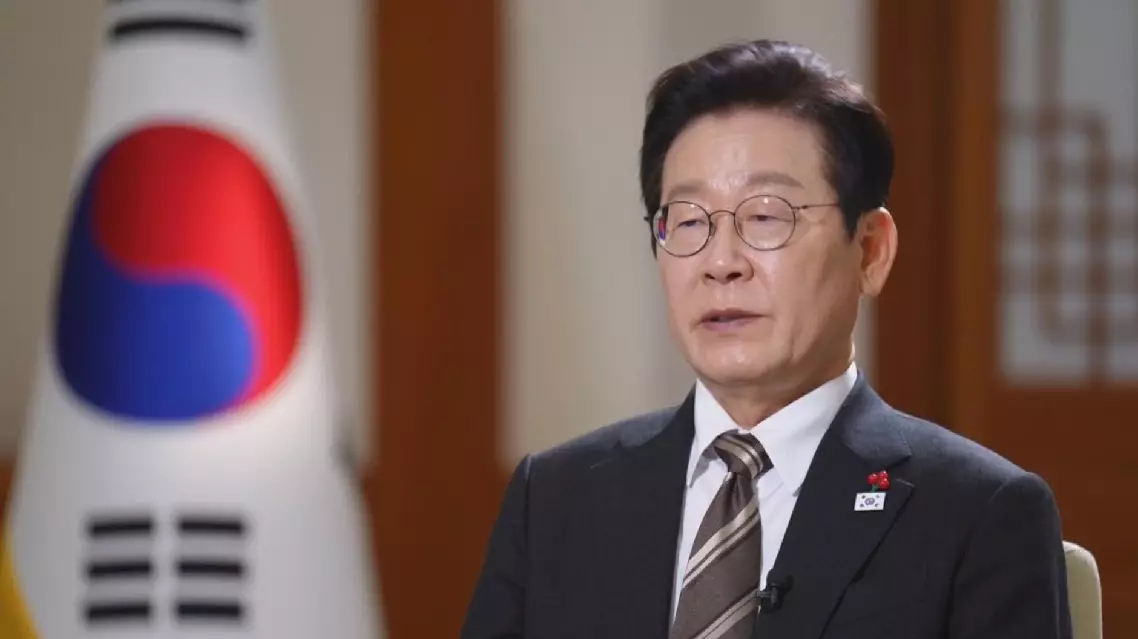
ROK president reiterates firm adherence to one-China principle







